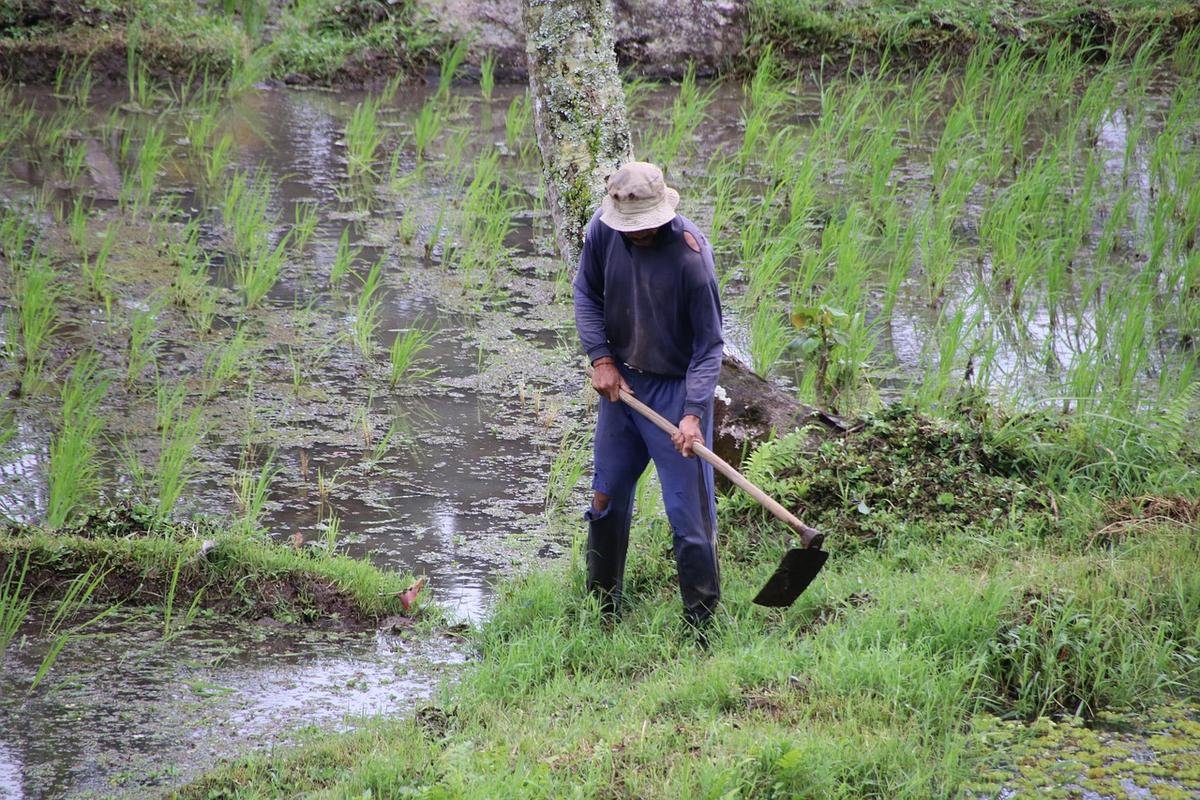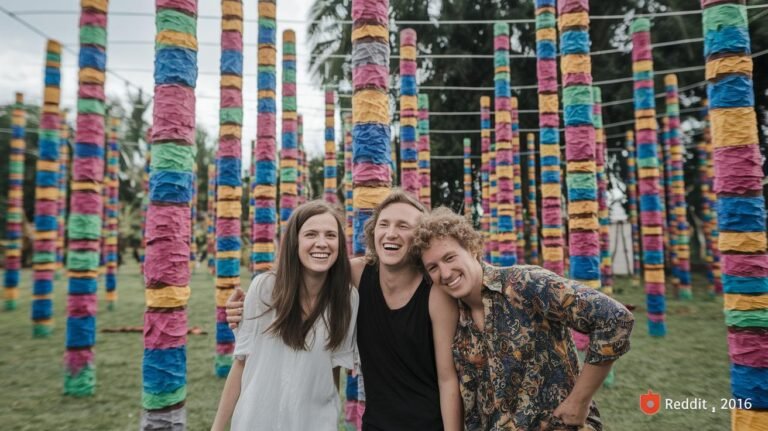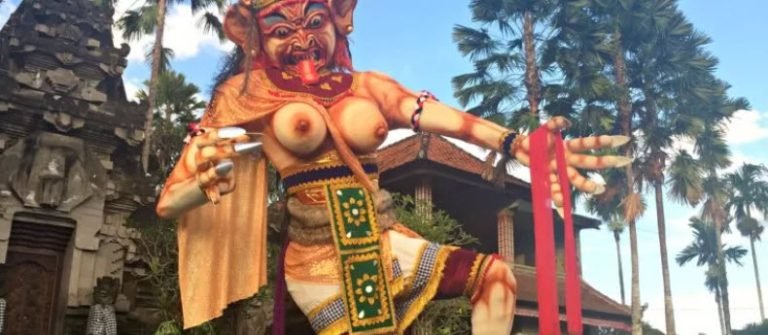Balinese Village Kids Revive Megandu, the Rice-Harvest Straw Ball Tradition
Megandu began as impromptu fun among village children who helped parents in the rice fields at harvest time. Once chores in the paddies were done, youngsters fashioned toys from leftover straw strands, coconut fronds and damp soil. Older siblings often guided the group, teaching simple rules and keeping score. Often played on flattened patches just beyond the ripe stalks, the game grew from necessity, imagination and the shared spirit of those harvest days.
This contest carried a message of gratitude to God for the season’s bounty. It tested strength and skill, but also honored rice spirits and rituals. In local beliefs, the field serves both as dinner table and gathering place for villagers. A hand-tied straw ball shaped like an egg symbolized life, fertility and the cycle of planting and harvest. Young players came to value hard work alongside nature’s gifts.
Each round takes place in freshly cleared paddies, where farmers and children gather at the border to watch. A wooden peg rises in the center, marking a circular arena on the flattened earth. The “egg” consists of dried straw bound with soil, its shape held firm by hand-packing. Two sides of ten to twenty players form circles at each edge of the field. One person serves as the “bird,” protecting the egg by hurling it at rivals or tagging them with dried leaves. The others dash in, grab the ball and dash back to their base. Anyone hit or tagged must sit out until a new round. Spectators cheer as dust rises under the hot sun. The match ends once all challengers have been caught or the egg moves past the defender’s boundary.
Teachers and elders say that Megandu serves as a school of character. It teaches solidarity, respect, teamwork, discipline, leadership and fair play. Besides teaching those skills, it shapes accountability and mutual respect among youth. These ideals strengthen social ties and help keep Bali’s rural heritage alive as older village members pass the rules down to youth each season.
Local cultural experts and historians have nominated Megandu for inclusion on Indonesia’s Intangible Cultural Heritage roster, emphasizing its role in village unity and seasonal rituals. It received a Communal Intellectual Property Certificate from the Ministry of Law and Human Rights, formally recognizing Megandu as shared community property and guiding future research efforts.
Today, Megandu appears not only in paddies after harvest but at cultural festivals and arts events across Bali. From its humble field origins, it has grown into a symbol of identity and pride for Tabanan residents. Local schools now include the game in summer programs, helping new players master its rules and tactics. This keeps Bali’s traditional wisdom alive as each generation takes up the challenge.







